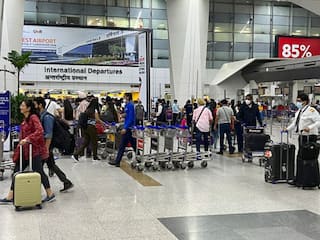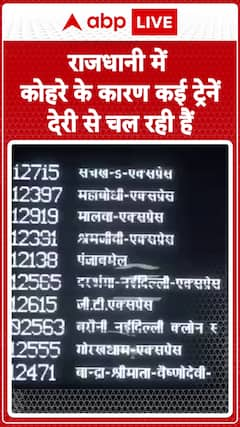Concerns over vision loss from off-label drug

New Delhi [India], Mar. 05 (ANI): There have been concerns about off-label drug use causing vision loss in the patients.
Owing to multiple reports of vision loss and similar adverse events, experts have called out the heightened need for stringent patient safety guidelines to be formalised with immediate effect in India.
Most of these adverse effects are being experienced by the patients with retinal diseases across the country, post alleged administration of off-label drug injections.
'Off-label' drug use is defined as use of a drug that has not cleared the necessary regulatory approval for specific diseases/ conditions and is therefore not an approved drug for the same.
Allegedly, these drugs have not been approved for treating retinal diseases.
In the above cases, vial of an off-label drug was prescribed and injected in patients, leading to bacterial infection in the eye. This infection, when left untreated, led to complete vision loss, as observed in these patients.
"Patient safety holds paramount importance in medical practice. Splitting of the same vial of the drug for multiple patients increases the risk of microbial infections and compromises the sterility of the drug. The recent incidents of vision loss experienced by retinal patients across the country were due to use of the same vial of an 'off-label drug' for multiple patients", said Dr Sunandan Sood, Former HOD - Eye Department, Government Medical College and Hospital, Chandigarh.
Sood continued, "In order to avoid such practices, policies focused on patient safety must be framed to ensure enforcement of stringent patient safety guidelines in the country".
Current treatments for retinal diseases like Age-Related Macular Degeneration (AMD) and Diabetes Macular Edema (DME) are known to reduce the level of a protein called Vascular Endothelial Growth Factor (VEGF).
This protein is responsible for abnormal blood vessel growth in the retina and macula. The drugs approved for the treatment of AMD and DME are anti-VEGF.
Given the availability of efficacious anti-VEGF treatment options in the country, the use of an off-label drug without following proper procedures puts the patient safety at major risk.
Further stressing the adoption of stringent patient safety guidelines in India, Bejon Misra, Founder, Patient Safety and Access Initiative of India Foundation, a (PSM) India Initiative, said, "India is poised to provide a huge opportunity for patients to access quality medicines through the recently announced Pradhan Mantri Aushadi Parak Yojana (PM - APY). It, therefore, becomes crucial for pharmaceutical companies, medical practitioners and regulators to be more responsible towards patient safety and Quality Management Systems (QMS). Patient safety should be kept in mind and monitored judiciously on a drug-by-drug and administration basis and across all disease indications addressed by a particular drug."
The World Health Organization (WHO) calls patient safety an endemic concern, recognizing that healthcare errors impact 1 in every 10 patients around the world. This number also includes adverse events due to drugs.
The need of the hour for the pharma industry in India is to prioritise patient safety in addition to universal access to healthcare. (ANI)
This story has not been edited. It has been published as provided by ANI
Trending News
Top Headlines































